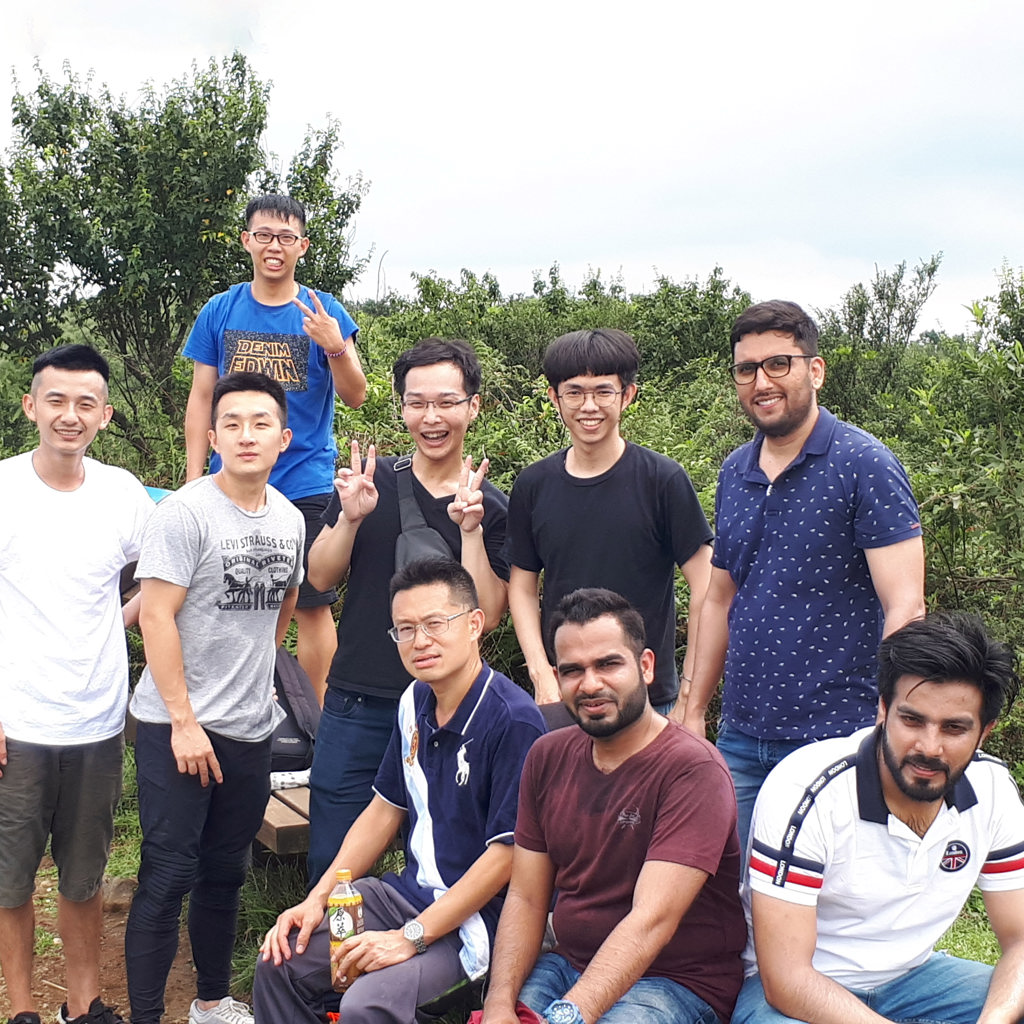Jin-Wei Shi
National Central University, TaiwanFor contributions to ultrafast photodiodes and high-speed VCSELs for optics fiber communications.

Angus "Mac" MacGyver, the title character of the American television series "MacGyver," inspired Jin-Wei Shi to pursue science as a career. The TV secret agent solves problems using ordinary objects rather than weapons or conventional materials. In fact, MacGyver often exploits the laws of physics to outsmart his enemies. The popular series was aired in Taiwan, where Jin-Wei grew up, in the 1980s and made a strong impression on the budding scientist.
Throughout his schooling, he loved learning about semiconductor-based optoelectronic devices and microwave engineering, two subjects that illustrated the importance of fundamental science and practical engineering. He shares that while he loved physics, he found that the fundamental science was difficult for him to relate to daily life. As a result, research in electrical engineering seemed like a good fit. Furthermore, at the time in Taiwan, many industry jobs focused on mass production and driving down costs rather than exploration and research. Jin-Wei is driven by his love of a challenge, doing different things each day, and seeing his students have their own discoveries. He was lucky to find a position at National Central University that allows him the opportunity to fulfill these interests.
Jin-Wei’s research focuses on high-speed and high-power VCSELs and photodetectors (photodiodes (PD) and avalanche photodiodes (APD)) for communication and sensing. He shares, "There are two major parts in my research. One is ultra-fast PD/APD, and the other is high-speed/single-mode VCSEL. Our demonstrated PD structure could overcome the fundamental limitation on output power of ultrafast PDs, allowing for the realization of an MMW photonic system with enough output power for practical applications." In addition, his team is one of the pioneers in the field of high-power single-mode (SM) VCSEL research for sensing and high-speed communication. Their contributions have opened the door to numerous innovative and practical real-world applications, such as the laser mouse and improved surveillance devices. One exciting application: it has been applied as a light source in the proximity sensor module in the Apple iPhone.
Jin-Wei learned the importance of doing excellent research from his PhD advisor, Chi-Kuang Sun. He reflects, "His hard-working attitude taught me how to respect science and establish my working style in my career path. He taught me scientific intuition and instilled the importance of high-quality research." Interestingly, Chi-Kuang's research interests were not aligned with Jin-Wei's, but the foundations of research and science can be understood across fields and applications. Jin-Wei had many successful scientists closer to his own area to admire and learn from, though they were located in different countries. He highlights the work of Professor Joe C. Campbell; whose invention of separated absorption, charge, and multiplication avalanche photodiodes had a substantial impact on today's fiber communication system.
Outside of science, Jin-Wei enjoys hiking and learning about history, specifically natural history and World War II stories. Exploring new places excites Jin-Wei, and the lessons learned from WWII remind him of the many technological advancements since then. His personal motto is: "In a world of belief there is much deceit, but in a world of doubt there is truth." This seems like a fitting sentiment for a research scientist reminding us all to keep an open mind.
Photo provided by: Jin-Wei Shi
Profile written by Samantha Hornback
